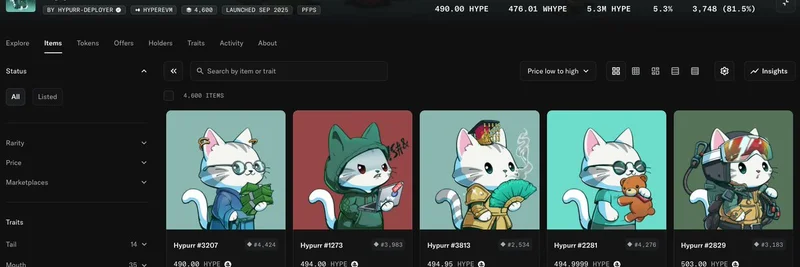In a recent tweet that's sparking conversations across the crypto community, Jason Yanowitz, co-founder of Blockworks, draws a compelling parallel between the early days of the internet and the current state of cryptocurrency. It's a reminder that what we see today in blockchain—especially in the wild world of meme tokens—might just be the tip of the iceberg.
Yanowitz points out that the initial skepticism around the internet labeled it as nothing more than a hub for porn and gambling. Sound familiar? That's exactly how crypto was viewed from 2009 to 2016, often dismissed as a fringe playground for speculators and illicit activities. But as the internet matured, the bear case shifted: critics argued you couldn't build legitimate businesses on it. This mirrors crypto's phase from 2017 to 2023, where even as adoption grew, many questioned its viability for real-world applications.
Then came the dot-com crash recovery. Giants like Google and Amazon emerged stronger, kicking off a 20-year bull market that transformed tech and the internet into everyday essentials. Yanowitz argues that crypto is at this pivotal moment right now. We're emerging from our own "crash" cycles, and onchain businesses are starting to boom.
What does this mean for meme tokens? Platforms like Pump.fun are perfect examples of this shift. Pump.fun, a Solana-based launchpad for meme coins, has become the fastest company ever to hit $700 million in revenue. It's not just about hype; it's about creating accessible tools for anyone to launch and trade meme tokens, democratizing crypto in a way that echoes the internet's early user-generated content explosion. Similarly, Hyperliquid is racking up a $1 billion run rate with its decentralized perpetuals exchange, while Axiom has pulled in $100 million in just nine months as a zero-knowledge coprocessor enabling scalable computations onchain.
These aren't pie-in-the-sky projects—they're generating real revenue and proving that onchain economies can sustain profitable businesses. Dismissing them today would be like scoffing at internet startups in the early 2000s. For blockchain practitioners diving into meme tokens, this signals massive opportunities. Meme coins aren't just jokes anymore; they're vehicles for community-driven value, powered by platforms that make creation and trading seamless.
As Yanowitz puts it, we've only just begun to see what onchain businesses look like, but it's happening fast. If you're building or investing in the meme space, keep an eye on these trends. The next Google or Amazon of crypto could be emerging from a simple meme launchpad.
For the full thread and community reactions, check out the original tweet on X. What's your take— is crypto ready for its bull market breakout?




